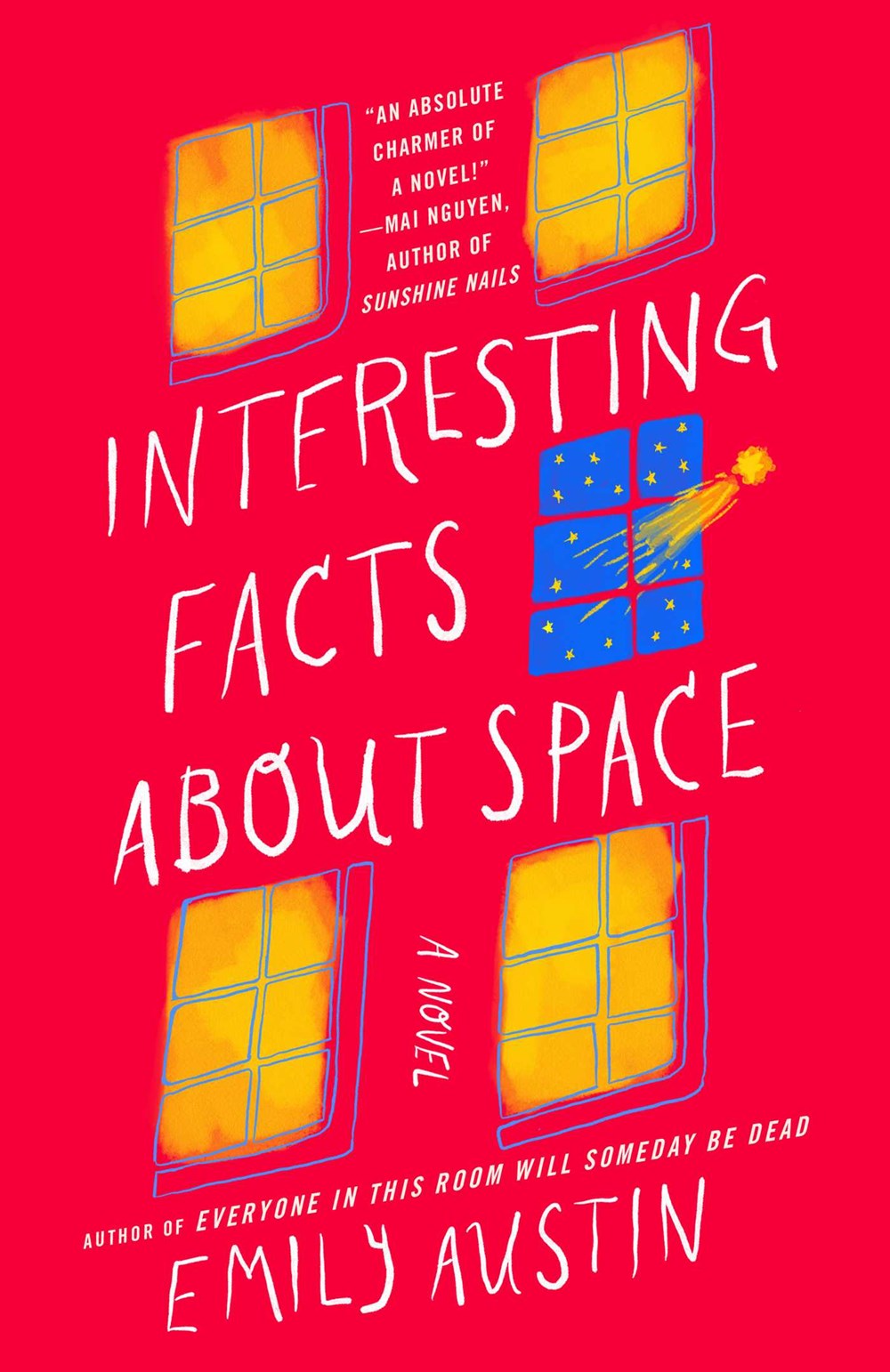Space books, those portals to realms beyond our terrestrial confines, have captivated readers with their wonders and narratives. From riveting science fiction to profound non-fiction, these literary works invite us to traverse cosmic landscapes, contemplate the universe’s mysteries, and explore the human condition through the lens of the infinite void. Herein lies an exploration of several intriguing facts about space books that illuminate their unique appeal.
1. The Origins of Space Literature
The genesis of space literature can be traced back to ancient civilizations that gazed at the stars and contemplated their significance. The Sumerians, for example, recorded their celestial observations on clay tablets, interpreting the heavens as harbingers of fate. Yet, it was not until the 17th century that the modern notion of space literature began to solidify with the advent of science fiction—the genre exemplified by Johannes Kepler’s “Somnium”, a visionary tale interweaving science and fantasy.
2. The Intersection of Science and Fiction
Space books often blur the lines between scientific fact and imaginative fiction. Authors like Arthur C. Clarke and Isaac Asimov meticulously wove scientific principles into their narratives, lending a veneer of plausibility to their fantastical worlds. Clarke’s “2001: A Space Odyssey” seamlessly integrates theoretical physics and speculative technology, while Asimov’s “Foundation” series adeptly explores sociopolitical themes through the prisms of psychohistory and galactic civilizations. This intersection not only enriches the storytelling but invites readers to ponder the feasible realities of humanity’s ventures into the cosmos.
3. The Role of Speculative Technology
Within the pages of space books, speculative technology often emerges as a catalyst for exploration. Concepts such as faster-than-light travel, generation ships, and artificial intelligence provoke thrilling discussions about humanity’s potential in traversing the universe. For example, in Frank Herbert’s “Dune”, the spice melange is not merely a plot device but an essential element that enables interstellar travel—symbolizing humanity’s unyielding quest for exploration and understanding. Such metaphors serve to reflect real-world aspirations, encapsulating our desires to conquer the unknown.
4. The Profound Impact of Space Books on Culture
The profound impact of space literature on culture is undeniable. Works like Ray Bradbury’s “The Martian Chronicles” not only depict humanity’s aspirations but also mirror our societal anxieties and ethical quandaries. Through vivid imaginings of colonization and environmental degradation, Bradbury’s narratives resonate with contemporary existential dilemmas. The appeal of space books lies in their ability to mirror and magnify our collective hopes and fears, prompting reflection and discourse on our place within the cosmos.
5. The Lure of the Unknown
One of the most compelling reasons readers are drawn to space books is the allure of the unknown. The universe is an enigmatic tapestry of dark matter, black holes, and distant galaxies, and these literary works probe into the cosmic mysteries that lie beyond human comprehension. Books like “Cosmos” by Carl Sagan invite readers to ponder profound questions about existence, urging them to look not just outward, but also inward. The metaphoric journey into the abyss of space mirrors the exploration of our innermost questions—who are we, and what is our significance?
6. The Evolution of Genre
Space literature has evolved through various sub-genres, each adding unique dimensions to the narrative tapestry. Hard science fiction, with its emphasis on scientific accuracy—epitomized by authors like Kim Stanley Robinson—stands in stark contrast to the poetic and philosophical musings found in soft science fiction, as seen in the works of Ursula K. Le Guin. Moreover, the rise of space opera—a dynamic blend of adventure, romance, and politics—has further diversified the landscape, showcasing how varied interpretations can coexist within this genre.
7. The Influence of Real Space Exploration
The trajectory of actual space exploration inexorably shapes and inspires space literature. The Space Race of the 1960s, for instance, sparked a flurry of creativity, igniting imaginations and giving rise to works that encapsulated the excitement of human achievement. Today, as humanity prepares for missions to Mars and debates the implications of interstellar travel, authors find fresh fodder in these advancements, fueling narratives that resonate with contemporary societal aspirations, technological advancements, and ethical implications.
8. Bridging Academic and Literary Worlds
Many space books serve as a bridge between academic discourse and literary expression. Authors such as Neil deGrasse Tyson and Brian Cox deftly articulate complex scientific concepts, rendering them accessible to the lay reader. Their works often incorporate narrative techniques that not only educate but also enthrall. This symbiotic relationship offers readers an enriching experience, combining entertainment with a deeper understanding of astronomical phenomena and the scientific method.
9. The Psychological Dimensions of Space Exploration
The psychological dimensions of space exploration are poignantly explored in numerous works, reflecting the quintessential human experience. The isolation experienced by astronauts evokes themes of loneliness and introspection, as illuminated in novels such as “The Martian” by Andy Weir. These narratives delve into the resilience of the human spirit, showcasing our capacity to adapt and persevere against the backdrop of the cosmos’ unforgiving nature.
10. The Future of Space Literature
As humanity advances into an era of burgeoning technology and exploration, the future of space literature burgeons with potential. Upcoming narratives will likely grapple with issues of colonization, artificial intelligence, and the ethical implications of genetic manipulation. As we peer further into the abyss of space, literature will undoubtedly continue to provide a vessel for understanding—an essential companion on our shared journey beyond the stars.
In conclusion, space books possess a unique appeal that transcends mere entertainment. They beckon us to ponder profound questions, reveal societal fears, and ignite our imaginations. Through intricate narratives that blend science and speculation, these literary works offer a lens through which to explore the vastness of both the universe and the human experience itself.










